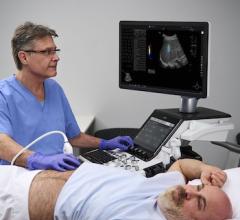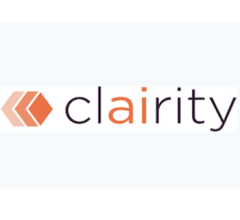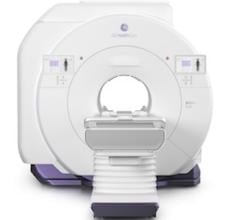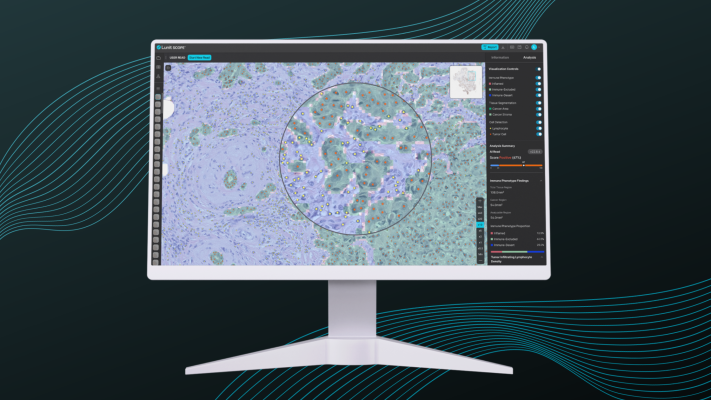
Sept, 10, 2024 — At the European Society for Medical Oncology (ESMO) Congress 2024 in Barcelona, Spain, Lunit presented a study on how AI technology can predict immunotherapy response in advanced gastric cancer patients, potentially impacting treatment decisions.
While Nivolumab plus chemotherapy has recently been approved as a standard first-line treatment for advanced gastric cancer (AGC), its efficacy varies among patients. This variability underscores the critical need for reliable biomarkers to predict treatment response. Lunit's study addresses this pressing need, potentially offering a new tool for patient care and treatment decisions.
Conducted in collaboration with leading Korean medical institutions, the research showcases the potential of Lunit's AI-powered histopathology analyzer, Lunit SCOPE IO, in predicting treatment response and guiding treatment decisions for AGC via assessment of immune phenotype.
The study analyzed H&E images from 585 AGC patients, with Lunit SCOPE IO classifying tumors into two immune phenotypes — inflamed (IIP) and non-inflamed —based on the presence and distribution of tumor-infiltrating lymphocytes from hematoxylin and eosin (H&E) slides that are readily available from a standard clinical workup. This classification provided valuable insights into the tumor microenvironment and helped predict treatment response, particularly in cases where traditional biomarkers like PD-L1 may not provide a complete picture.
Key findings::
1. Patients treated with Nivolumab+Chemotherapy showed significantly longer median progression-free survival (mPFS) compared to Chemotherapy alone (8.2 vs. 5.9 months).
2. The inflamed immune phenotype group, classified by Lunit SCOPE IO, was associated with more pronounced PFS benefits from Nivolumab+Chemotherapy:
- inflamed immune phenotype: 5.2 months longer PFS for Niv+Chemo (mPFS of 11.0 vs 5.8 months)
- Non-inflamed immune phenotype: only 1.4 months longer PFS for Niv+Chemo (mPFS of 7.3 vs 5.9 months)
3. The predictive value of IIP was consistent across different PD-L1 expression levels.
4. Multivariate analysis confirmed IIP as an independent factor for PFS in patients treated with Nivolumab+Chemotherapy.
"By demonstrating that our AI-powered immune phenotype analysis can predict treatment response independently of PD-L1 status, we're opening new possibilities for tailoring treatments in AGC," said Brandon Suh, CEO of Lunit. "This is particularly significant because gastric cancer continues to be a leading cause of cancer-related deaths globally, representing 7.7 percent of all cancer cases."
You can view the poster session at: AI-powered immune phenotype predicts favorable outcomes of nivolumab (niv) plus chemotherapy (chemo) in advanced gastric cancer (AGC): A multi-center real-world data analysis (1411P, Sept. 16, 12:00~13:00 PM)

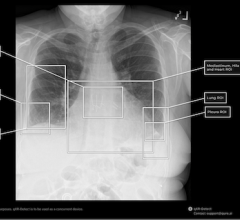
 February 26, 2026
February 26, 2026 
